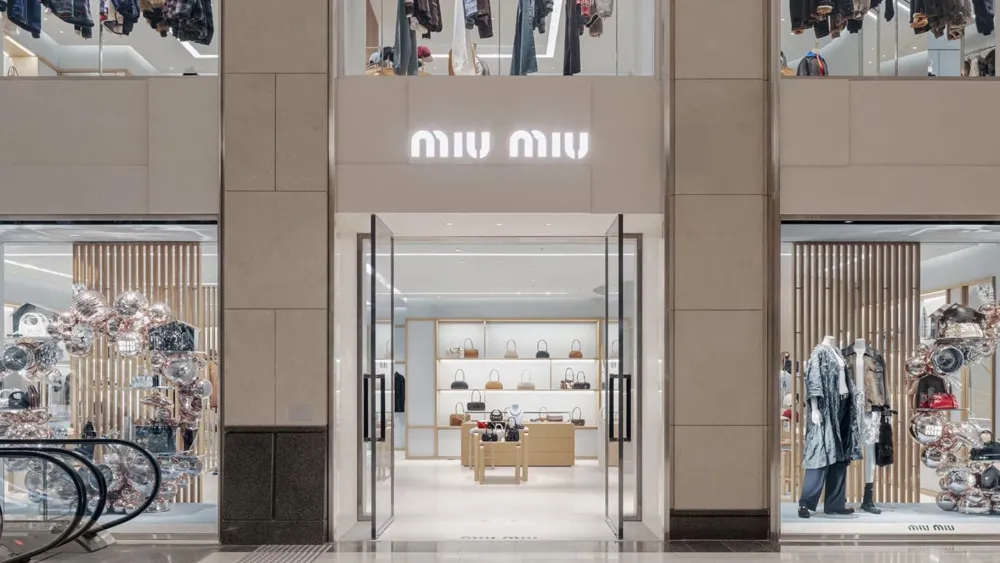
China’s retail market not out of the woods yet for Q2
Most retailers moved into a wait-and-see mode in Q1 due to lockdowns.
China’s retail market is expected to continue struggling through Q2 2022, with most cities having yet to relax from bringing back lockdown restrictions in parts of the country as of the beginning of May, according to a report from CBRE.
Rents for major cities including Shanghai, Beijing, Shenzhen and Guangzhou are not expected to perform as well as initially expected for the full year, as retail sales and leasing sentiments weakened in early March due to a COVID-19 outbreak and reintroduction of lockdowns.
“Whilst retailers remain committed to expansion plans put in place before the recent surge in COVID-19 cases, most have adopted a very cautious attitude towards new expansion,” the report stated.
Most retailers moved into a wait-and-see mode in Q1 as lockdowns took effect but did not cancel any leasing deals signed prior to the resurgence in the pandemic, the report noted.
Demand was mainly led by food and beverage (F&B) retailers, with the high-end, light-food and coffee and tea segments most active. Many beverage brands are seeking smaller units of around 10-20 sqm as they seek to grow their takeaway business, CBRE said.
In the sporting goods segment, expansion was driven by high-end athleisure brands, specialty sports brands and domestic retailers. International groups have been quiet since the end of last year, the report added.
New Energy Vehicle (NEV) companies remained active as rising fuel prices encouraged consumers to move away from gasoline-powered private transport. Space in prime shopping malls suitable for showrooms was keenly sought-after, with tier I and tier II cities a major focus, CBRE found.
Luxury groups are also focusing on refurbishing existing stores, the report added. Selected retailers in this category are planning to open new shops along prime high streets and in leading shopping malls.
“Demand from general fashion stores was weak but several new local brands targeting younger consumers committed to new leases in up-and-coming areas,” CBRE said.
Shopping mall landlords remained willing to provide incentives or fitout subsidies to attract new or well-known brands as they seek to differentiate themselves from other malls. However, these same offers are not being extended to most brands, the report noted.
“More tenants are adopting a tougher stance towards negotiating with landlords and are delaying the payment of rents during current lockdowns to force owners to agree to reductions,” CBRE said.



















 Advertise
Advertise







